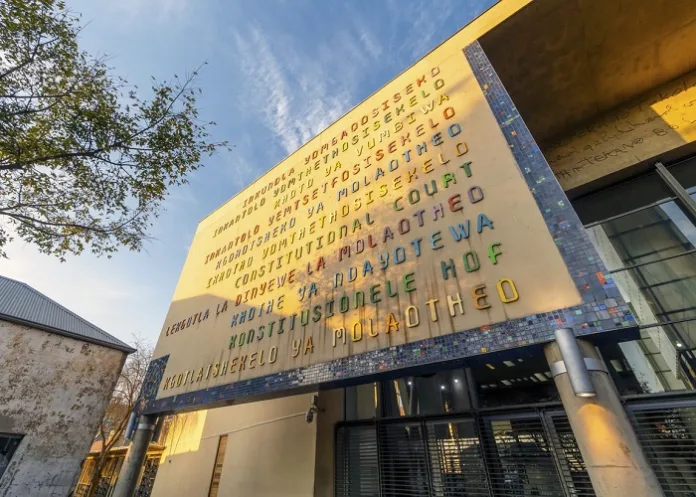In a case that will have groundbreaking implications for medical schemes and its members, the Constitutional Court will today deliberate on the extent of medical information disclosure required for members, in a case involving Profmed and the late Adelia Steyn, notes MedicalBrief.
The court will decide on whether non-disclosure of a condition like gastritis – which Steyn deemed immaterial – can justify coverage termination.
BusinessLIVE reports that after claims amounting to about R400 000, Steyn’s membership was revoked in 2016 by Profmed, which cited non-disclosure of certain medical conditions, including a gastric ulcer. Steyn said her condition, diagnosed as gastritis, was common, requiring no treatment, and thus not disclosed.
The legal dispute could have ground-breaking implications, and the court’s decision will be closely watched by medical aid members, healthcare providers and insurers alike, as it could redefine boundaries of personal medical privacy versus the obligations to disclose to insurance companies.
The Western Cape High Court initially ruled in her favour, stating Profmed failed to prove the non-disclosure materiality. However, this decision was overturned by a full Bench, which found that a gastroscopy Steyn underwent was relevant to Profmed’s risk assessment.
The case has now reached the Constitutional Court, with Steyn’s lawyers arguing procedural failures by the Council for Medical Schemes’ (CMS) various appeal boards.
For example, she was not given an opportunity to respond to new claims concerning her hips and raised by Profmed, her lawyers said, which made any finding by the CMS’ bodies procedurally unfair and unlawful.
Invasive procedures
The hip issues, her lawyer said, were merely a diagnostic tool, not a condition. “It can therefore hardly be expected of an insured to disclose a non-existent condition,” pointed out her legal team.
With the full Bench’s finding, her lawyers said, this was precisely what people would have to do. If not overturned, this meant penalising “the careful, cautious applicant for (medical scheme) membership”, since they were more likely to go for invasive diagnostic procedures, as Steyn did.
“This has the consequence that the failure to reveal any diagnostic procedure, irrespective of its outcome, would constitute grounds for terminating membership.”
In response, Profmed took issue with the fact that Steyn died in January 2023, but Profmed was only notified in 2024. In its heads of argument, it claimed this “failure to disclose” could materially influence the court’s decisions.
As she had died, the case “will be of no practical effect”.
It also said the characterisation that the precedent set by the full Bench would penalise “careful” members of medical schemes was exaggerated. The full Bench did not say that undergoing “any” medical exam required disclosure, only the specific one Steyn underwent.
Profmed criticised Steyn for not disclosing her conditions to allow it to evaluate the risks and make an assessment, and also noted the CMS boards “appreciated” the difference between gastric ulcer and gastritis in making its findings. Besides, that was only one aspect of their findings.
It also said Profmed’s test for materiality was in line with case law. There was therefore no law or finding for the apex court to change.
The case will be argued today.
See more from MedicalBrief archives:
Non-disclosure: Doctors should not attack medical schemes for acting

